Ancient India - 6th Grade Social Studies Vocabulary List
1/25
There's no tags or description
Looks like no tags are added yet.
Name | Mastery | Learn | Test | Matching | Spaced |
|---|
No study sessions yet.
26 Terms
Caste System
Social organization developed in Ancient India in which groups of people are divided into distinct social classes.
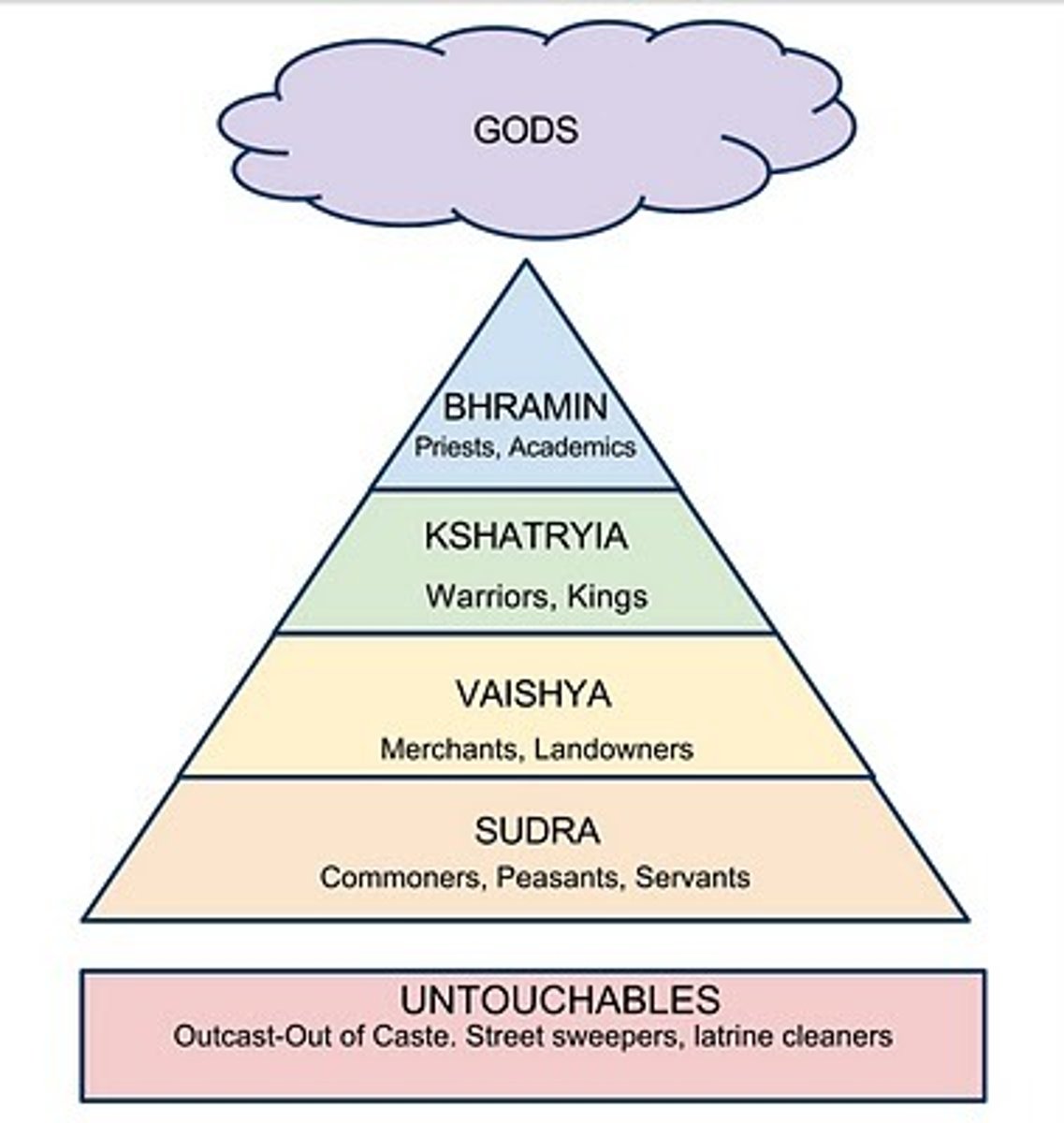
Sanskrit
The name for the form of writing used in early Indian civilization.
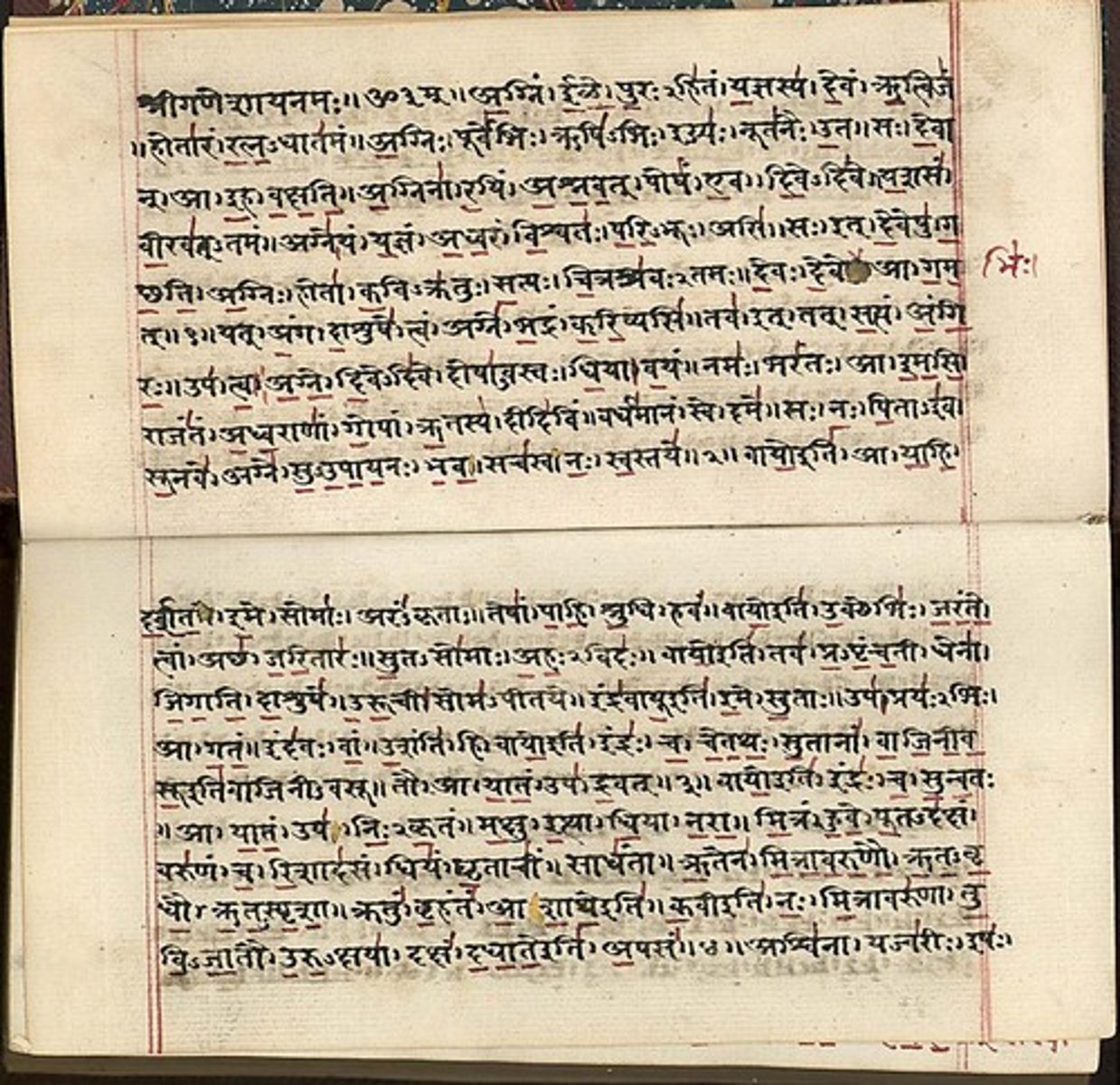
citadel
Strong central fortress found in Mohenjo-Daro and Harappa.
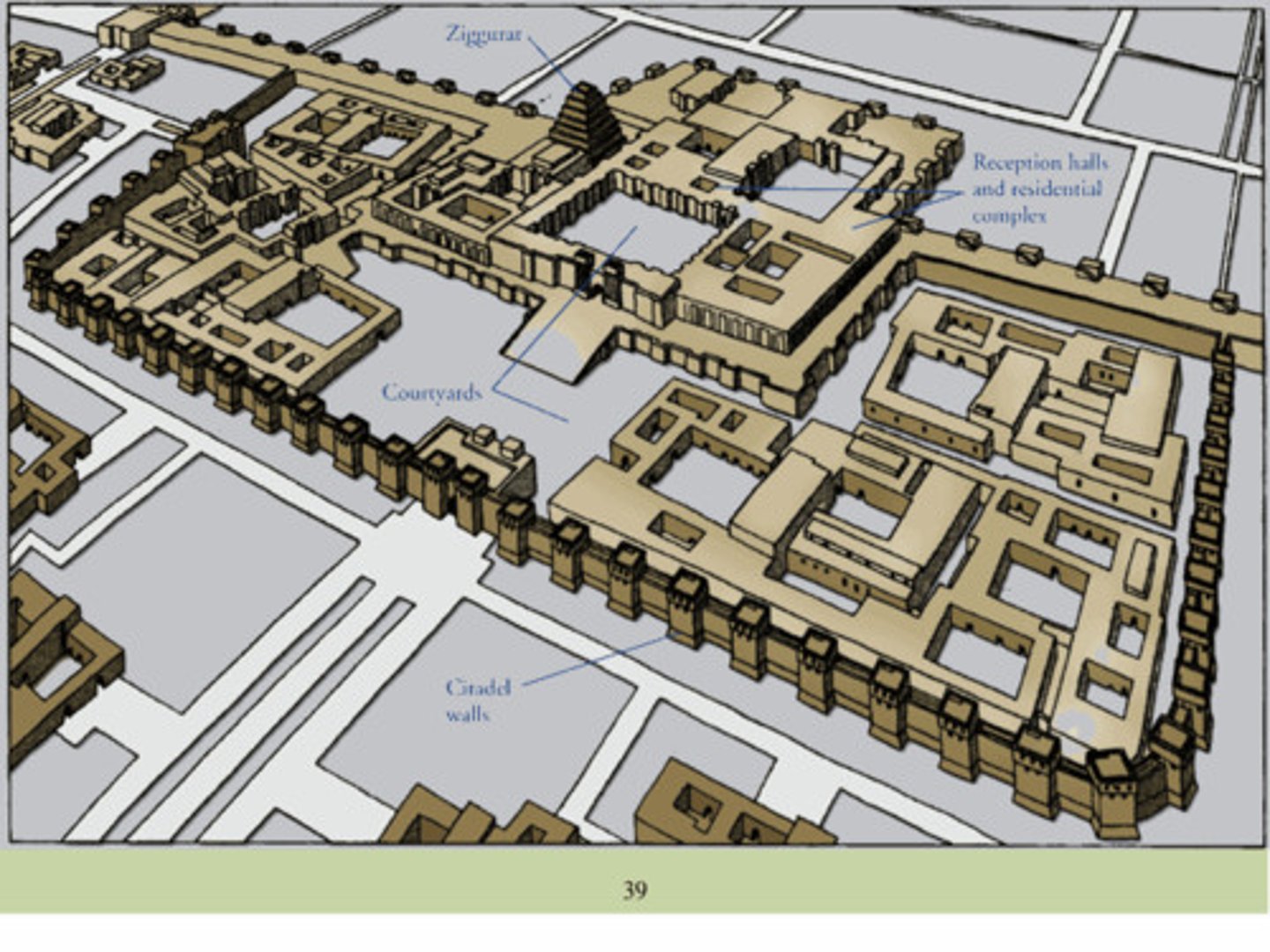
Ganges River
What river is considered by Hindus as holy and capable of purifying the soul by washing/bathing in it?
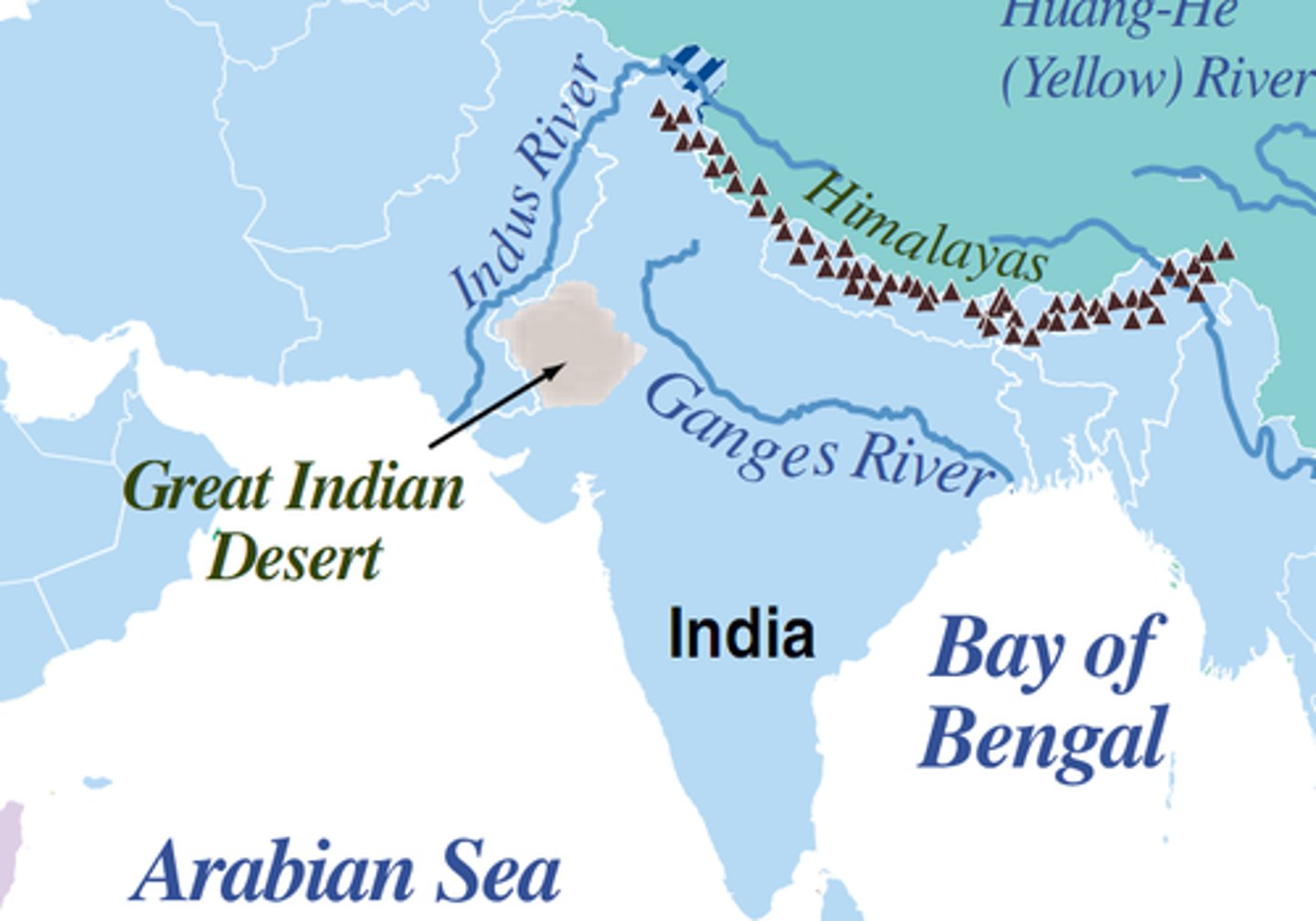
dharma
Fulfilling one's "right moral duty" in this life is called:
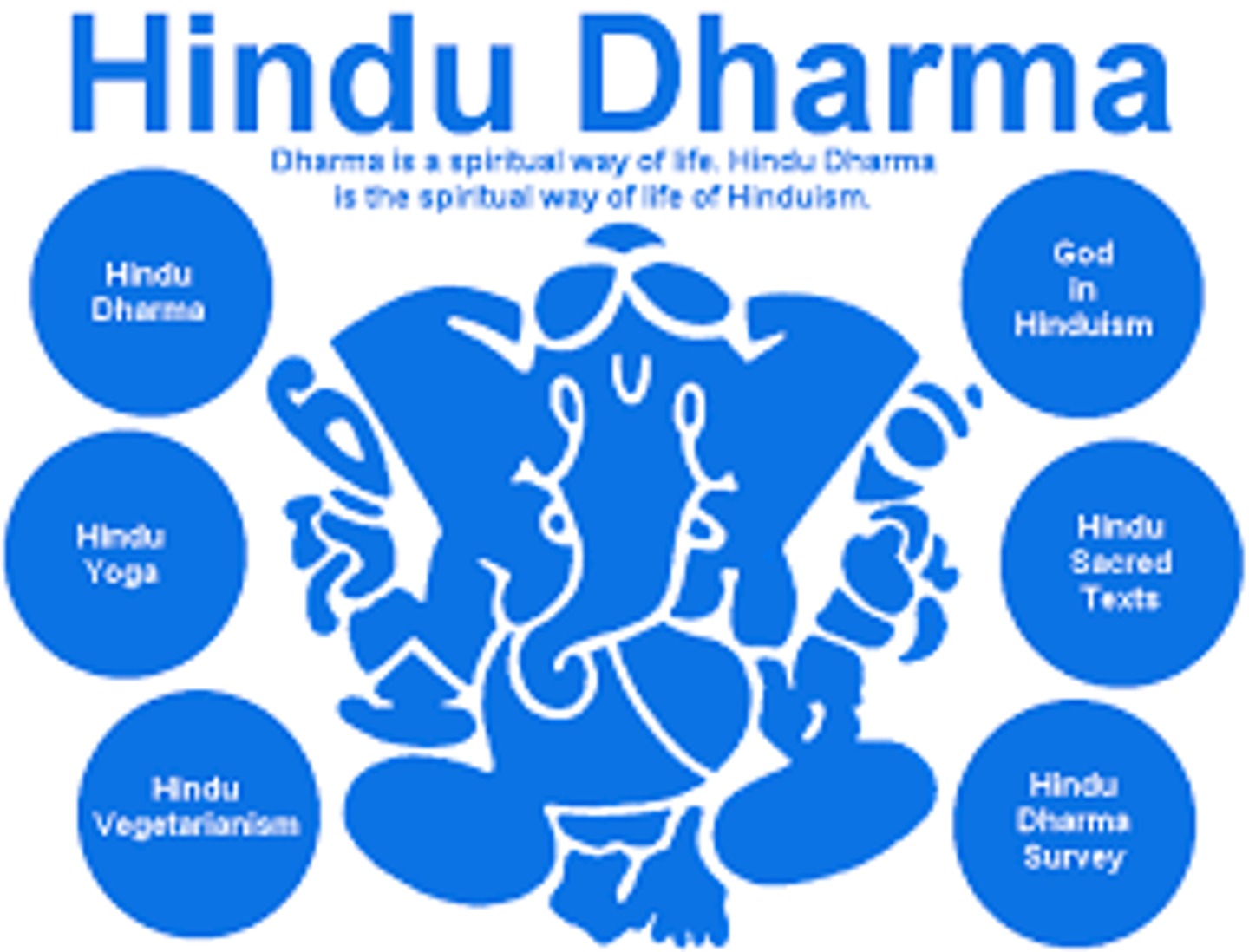
karma
A belief that one's position in this life reflects what one did (or did not do) in a previous life is called:

Vedas
Large body of religious texts said to be the oldest scriptures of Hinduism that were divinely revealed to the ancients.
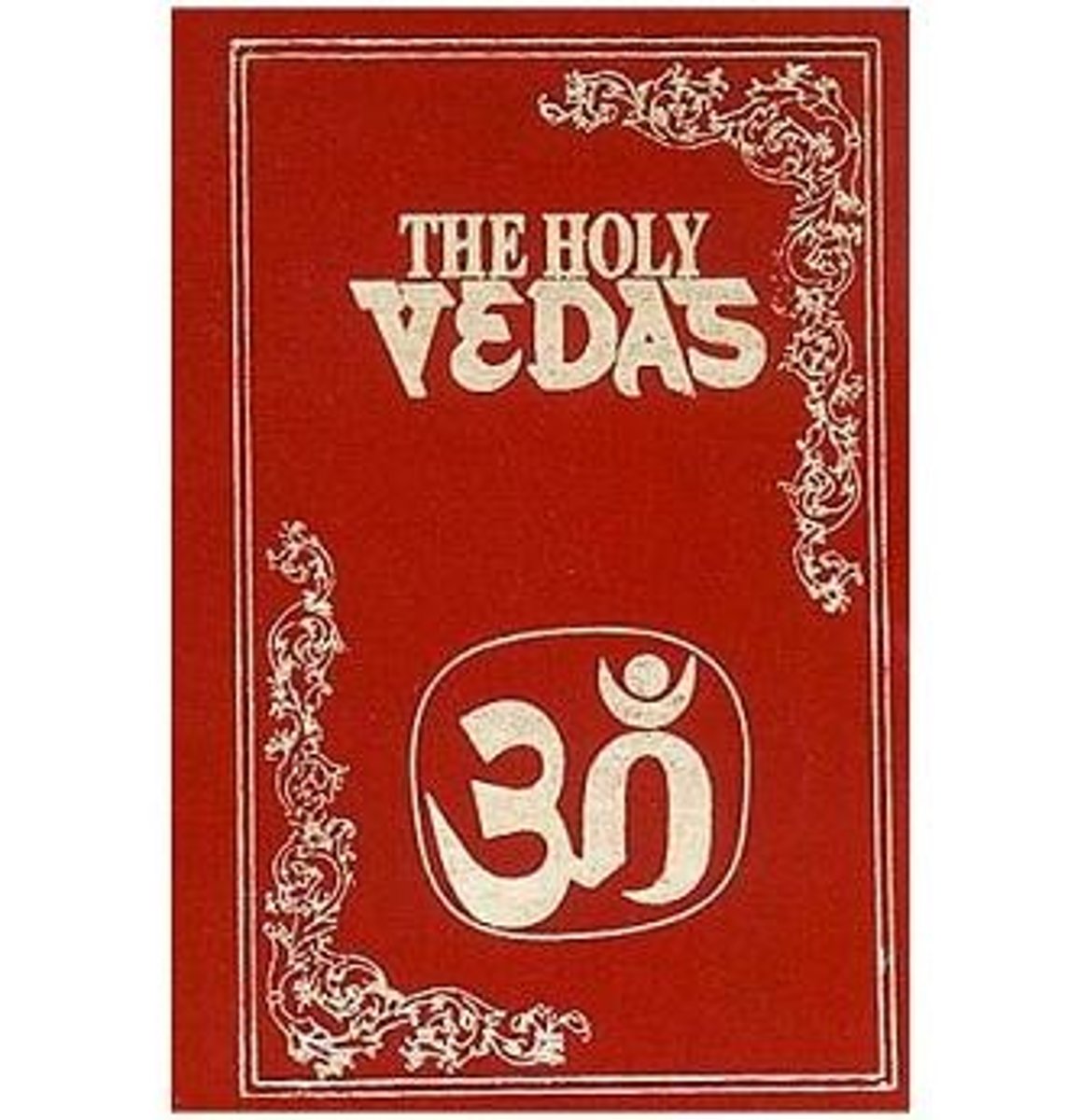
Brahmin
Highest social group in India that enjoyed the highest position because they knew the sacred Hindu texts.
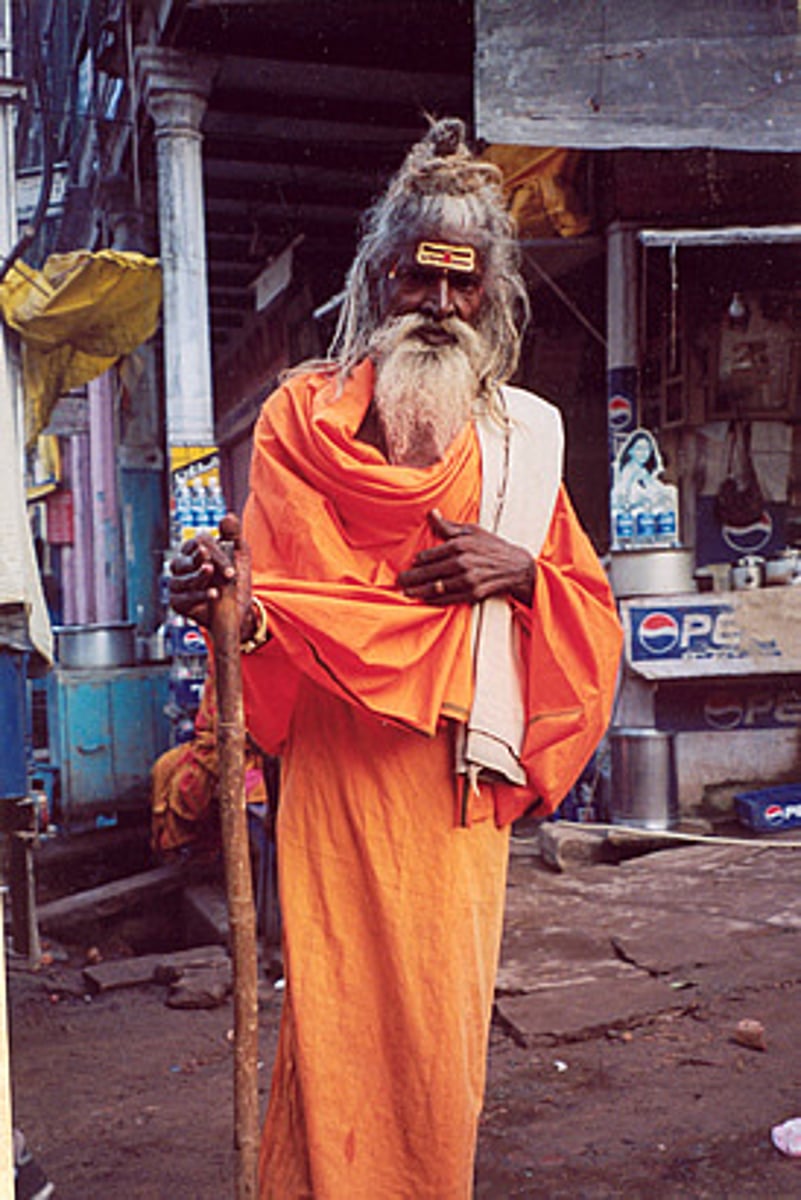
Desire
According to Buddhist teachings, the cause of suffering is:
Siddhartha Gautama
Founder of Buddhism.

Aryans
About 1750 BC (BCE) northern India was overrun by invaders called the:
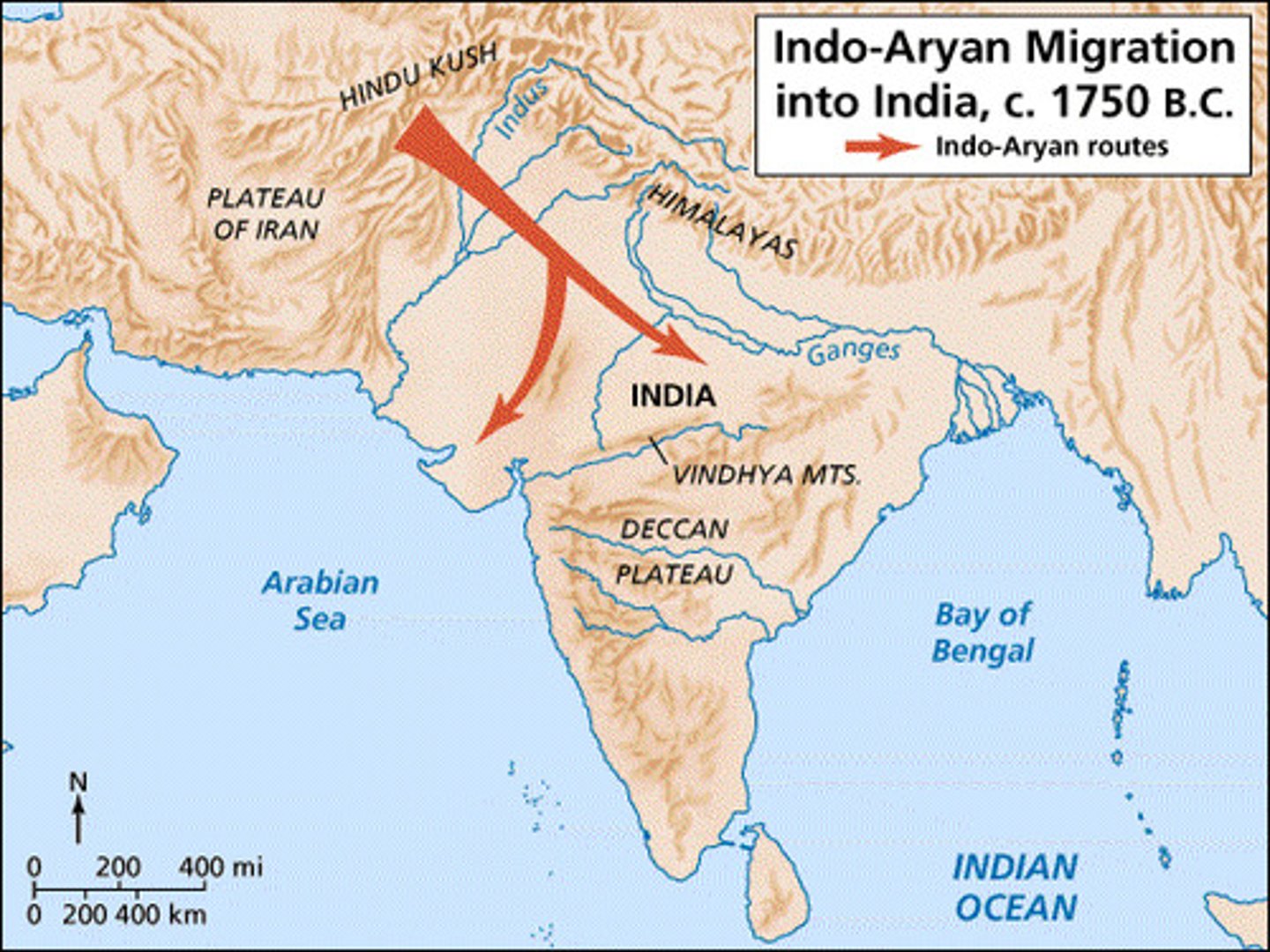
subcontinent
A large area of land separated from the rest of a continent by geographic features.
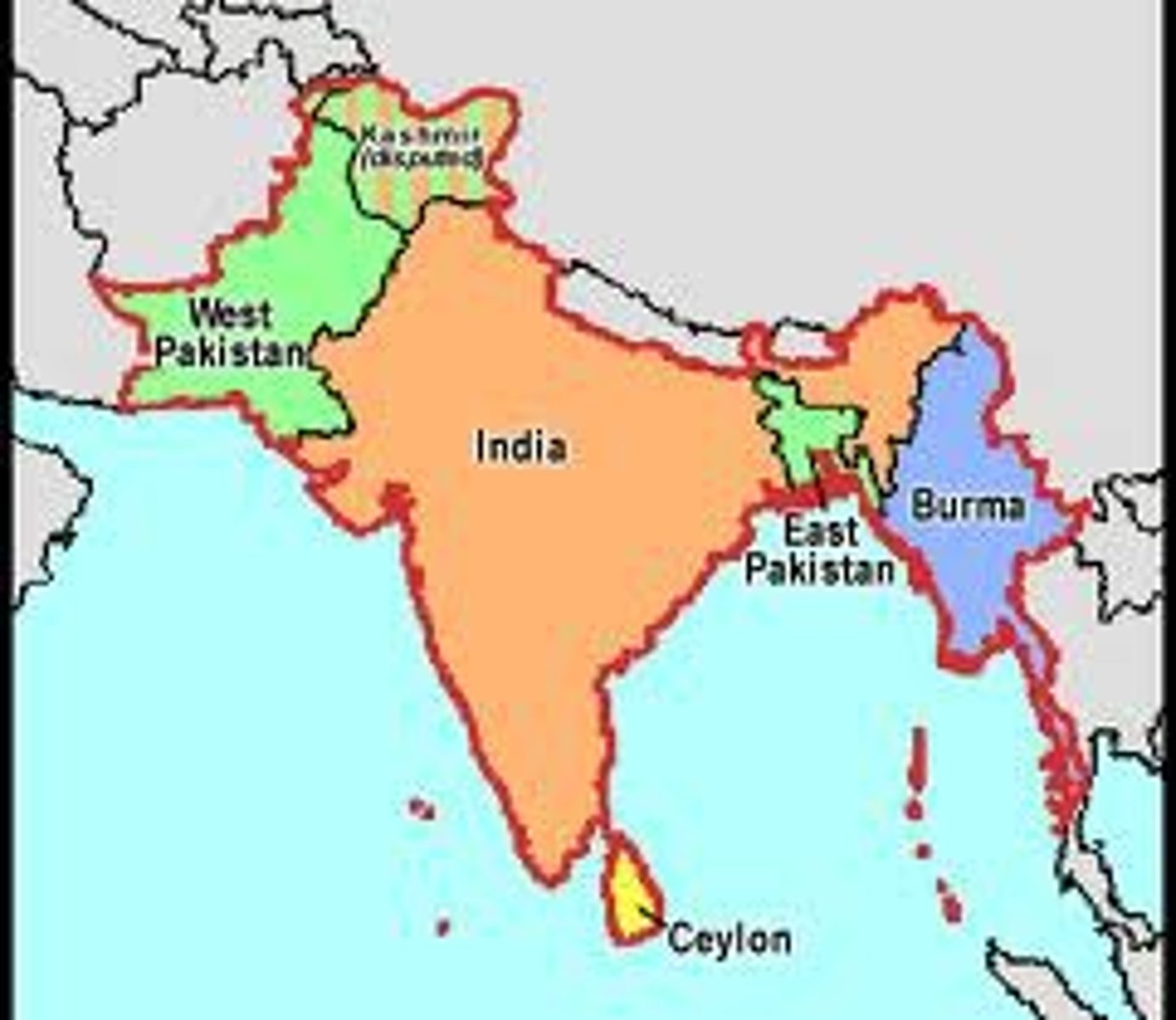
monsoon
A strong wind in India which brings heavy rains in the summer and drought conditions in the winter
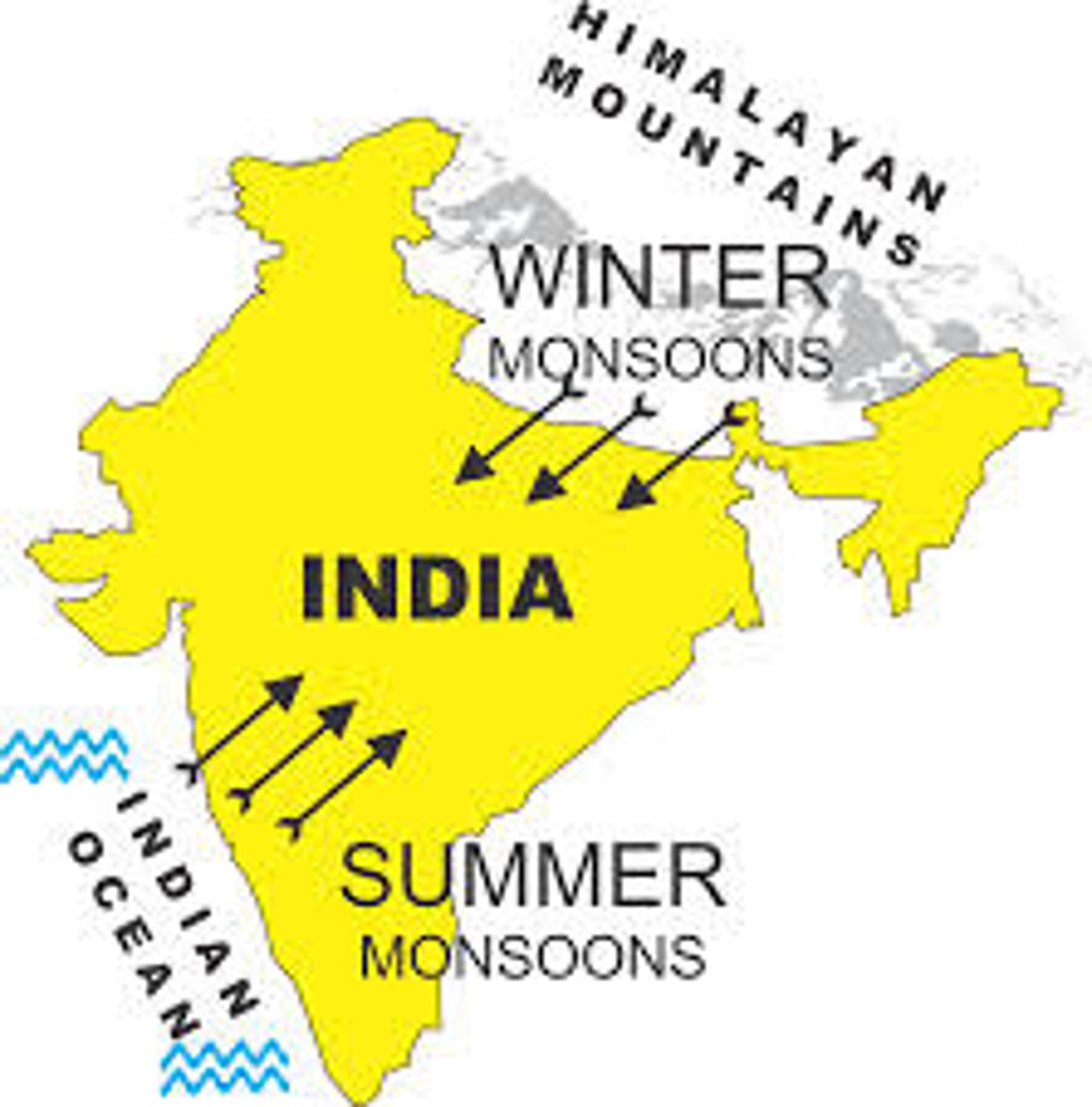
Himalayan Mountain Range
Natural Barrier between India and Asia
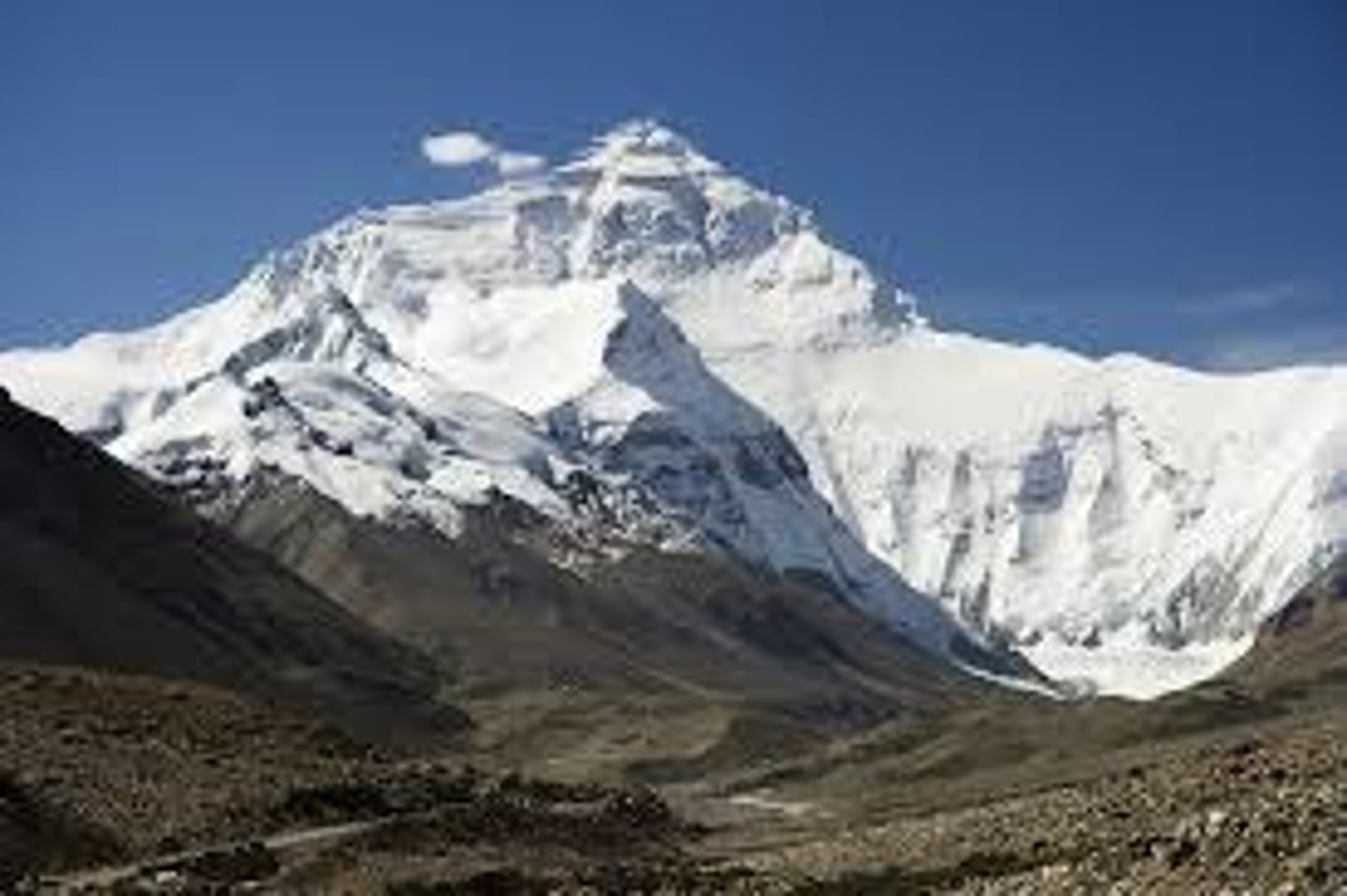
Hinduism
A religion native to India, featuring belief in many gods and reincarnation
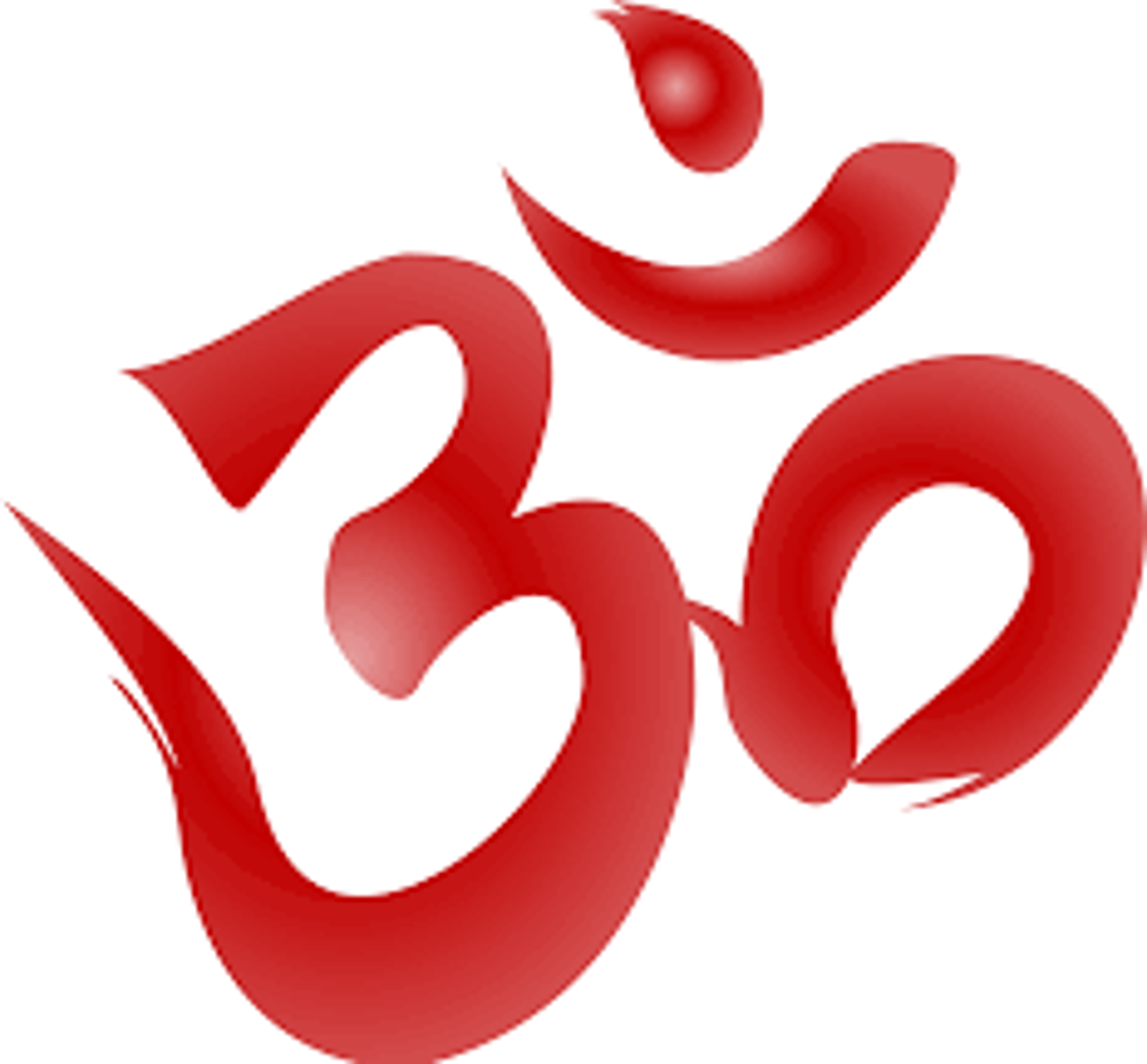
Untouchables
LOWEST LEVEL OF INDIAN SOCIETY; not considered a real part of the caste system; often given degrading jobs; their life was extremely difficult
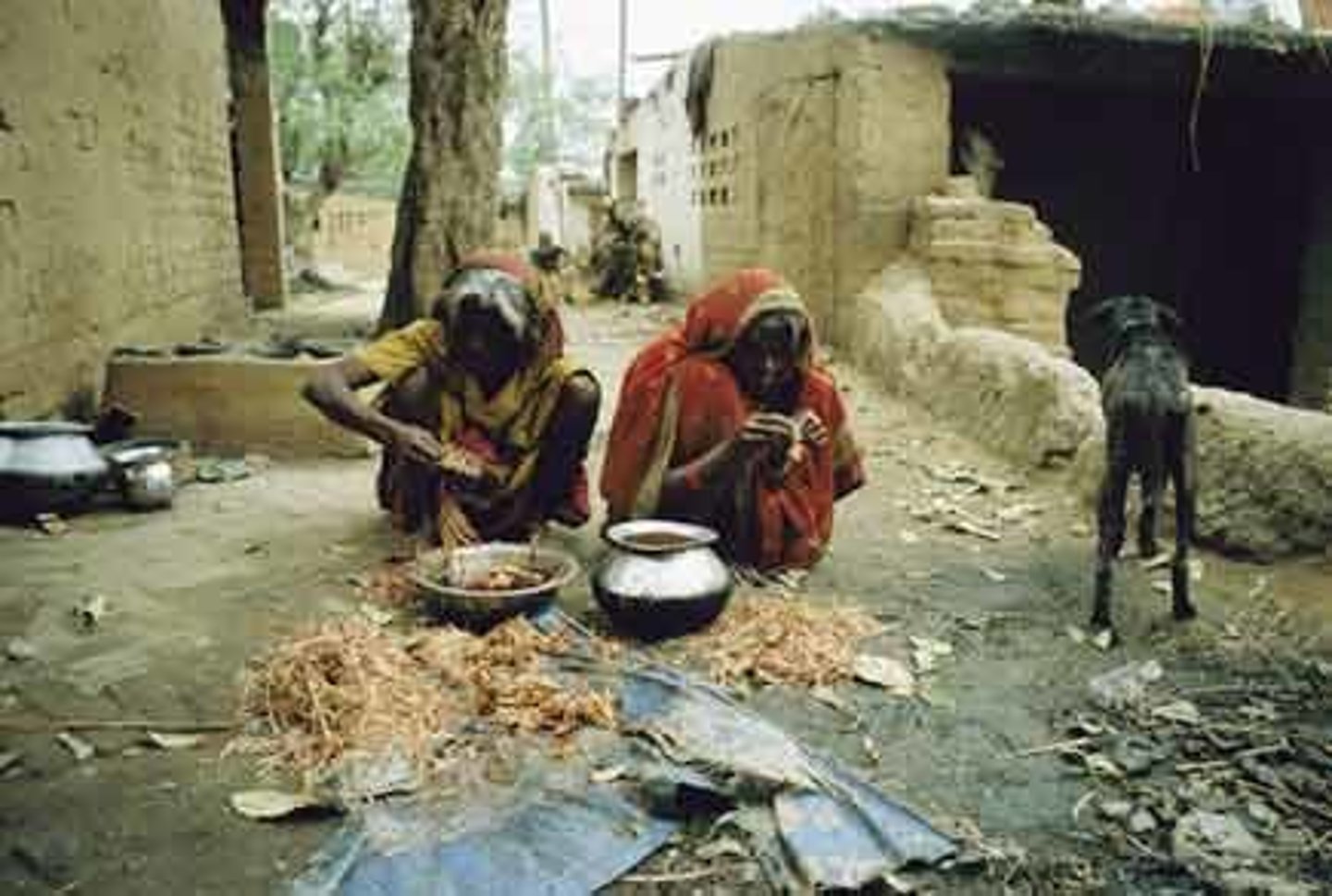
reincarnation
In Hinduism and Buddhism, the process by which a soul is reborn continuously until it achieves perfect understanding
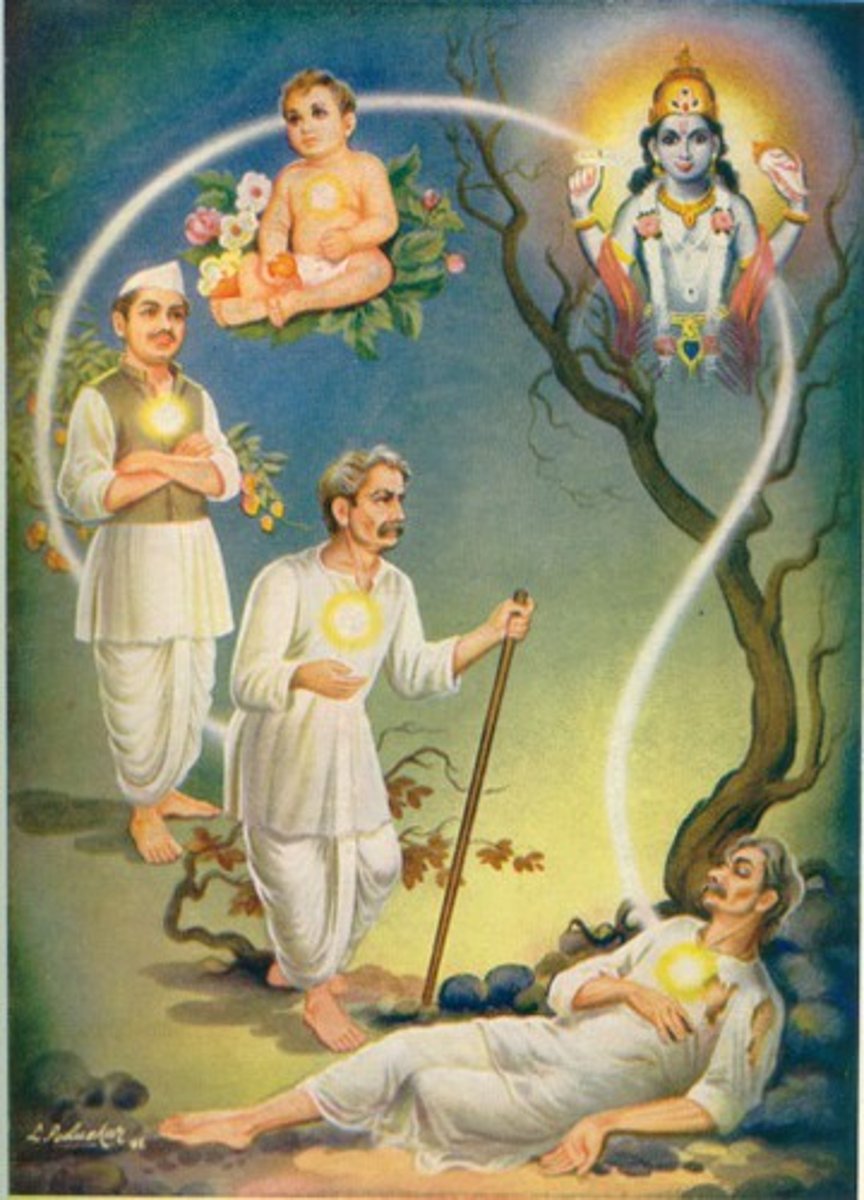
Brahma
A single spiritual power that Hindus believe lives in everything
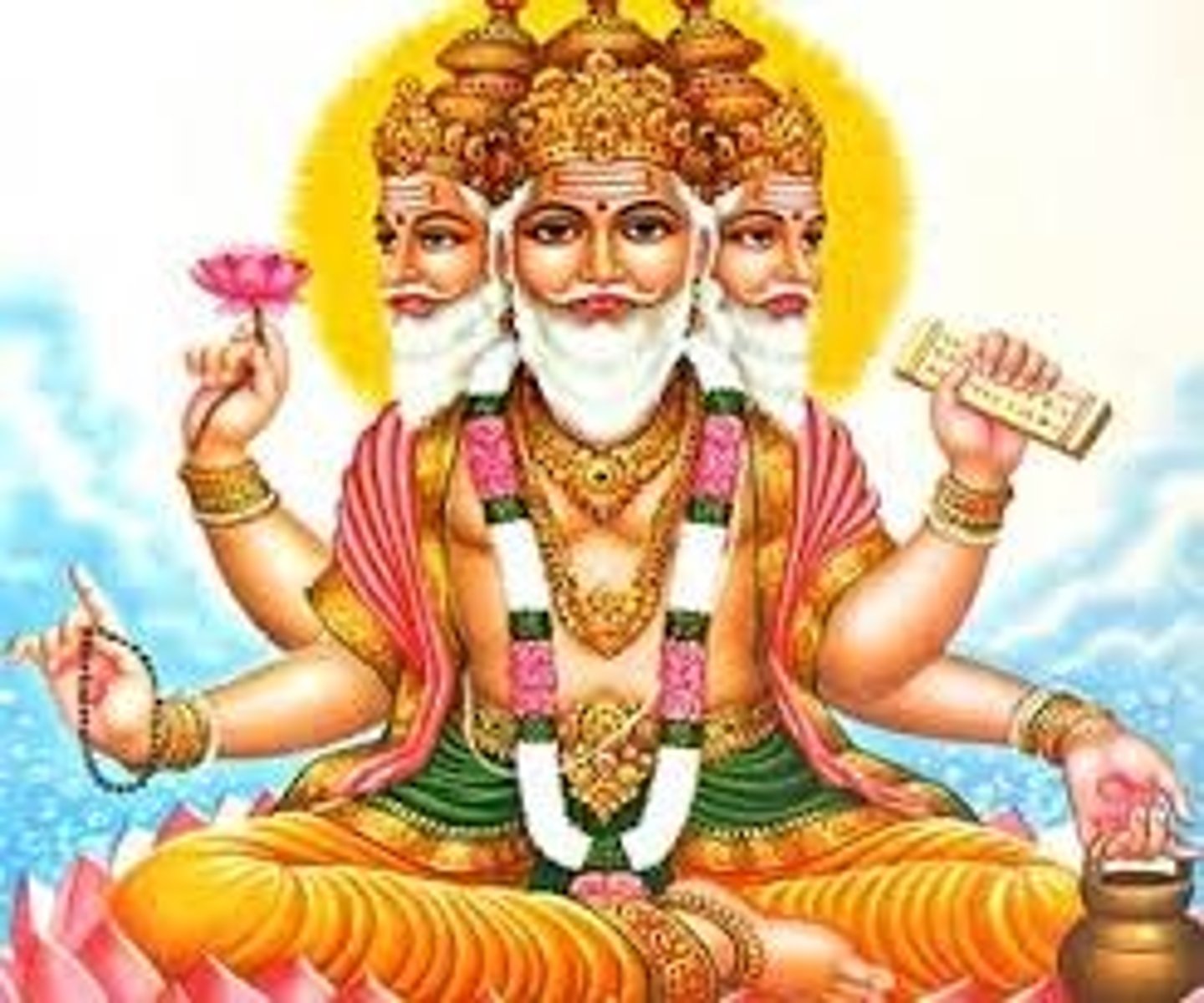
Buddhism
A belief system based on the teachings of Siddhartha Gautama, the Buddha, which stress freeing oneself from worldly desires.
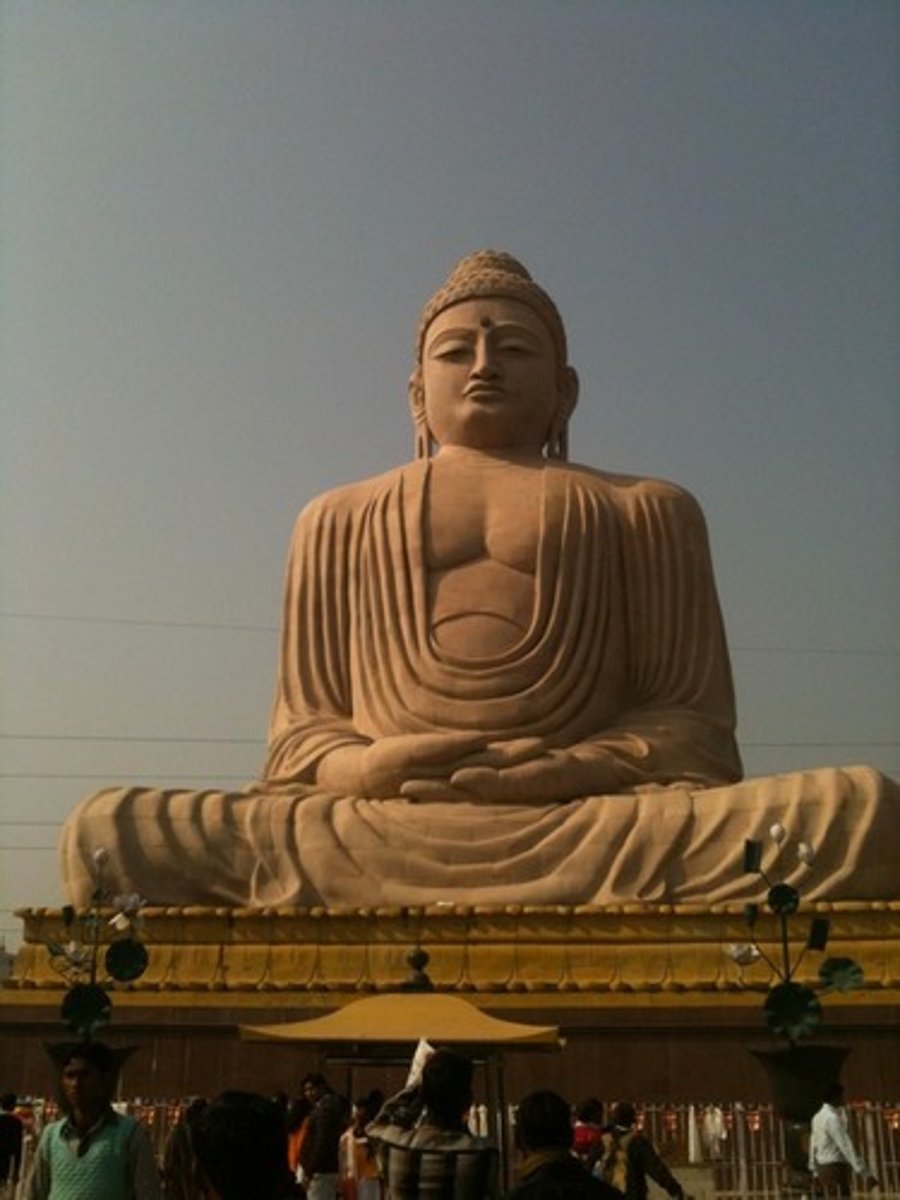
Enlightenment
Wisdom
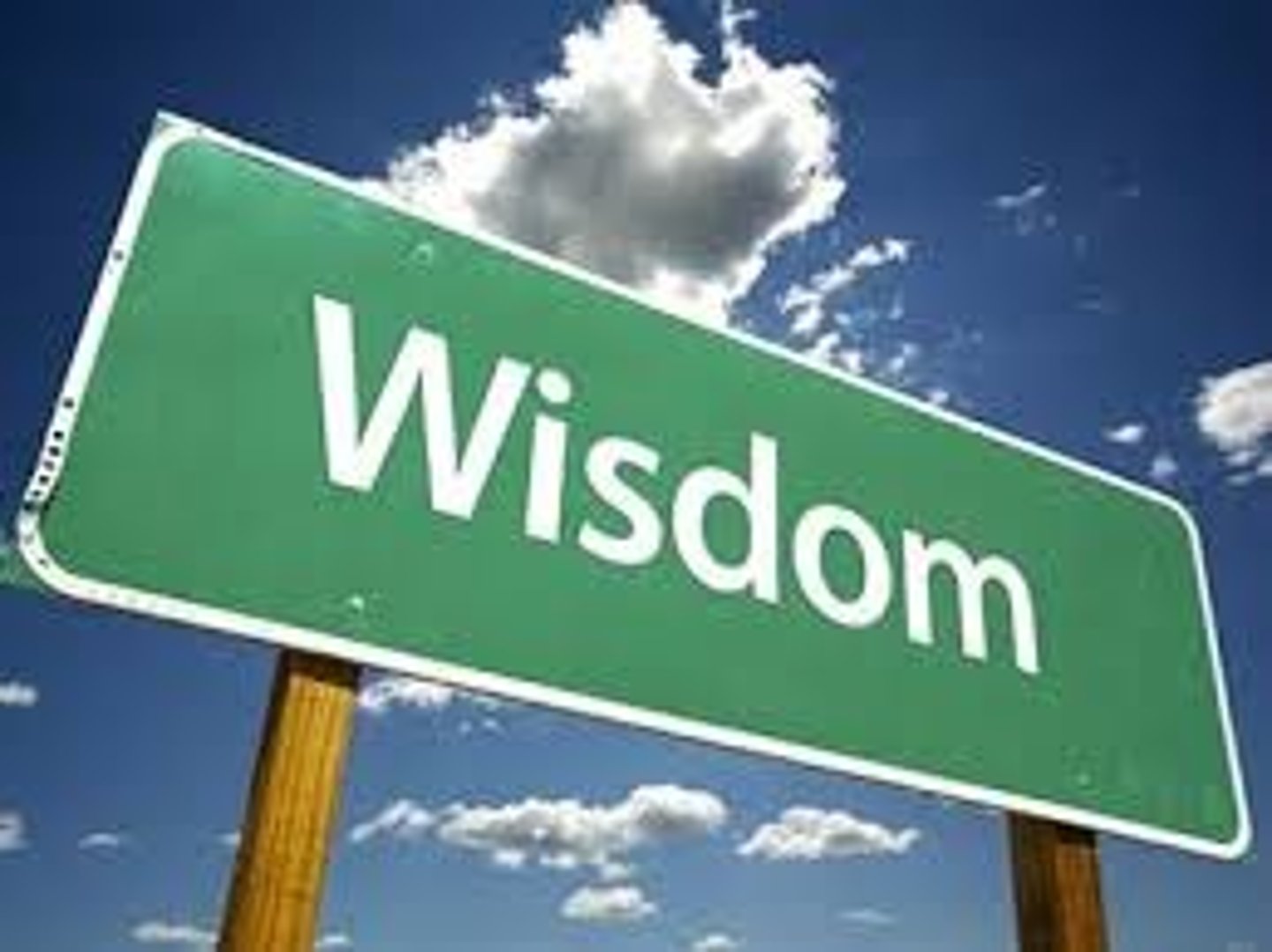
Indus River Valley
River Valley along the Indus River that flooded each year depositing fresh silt and making it easy to farm.
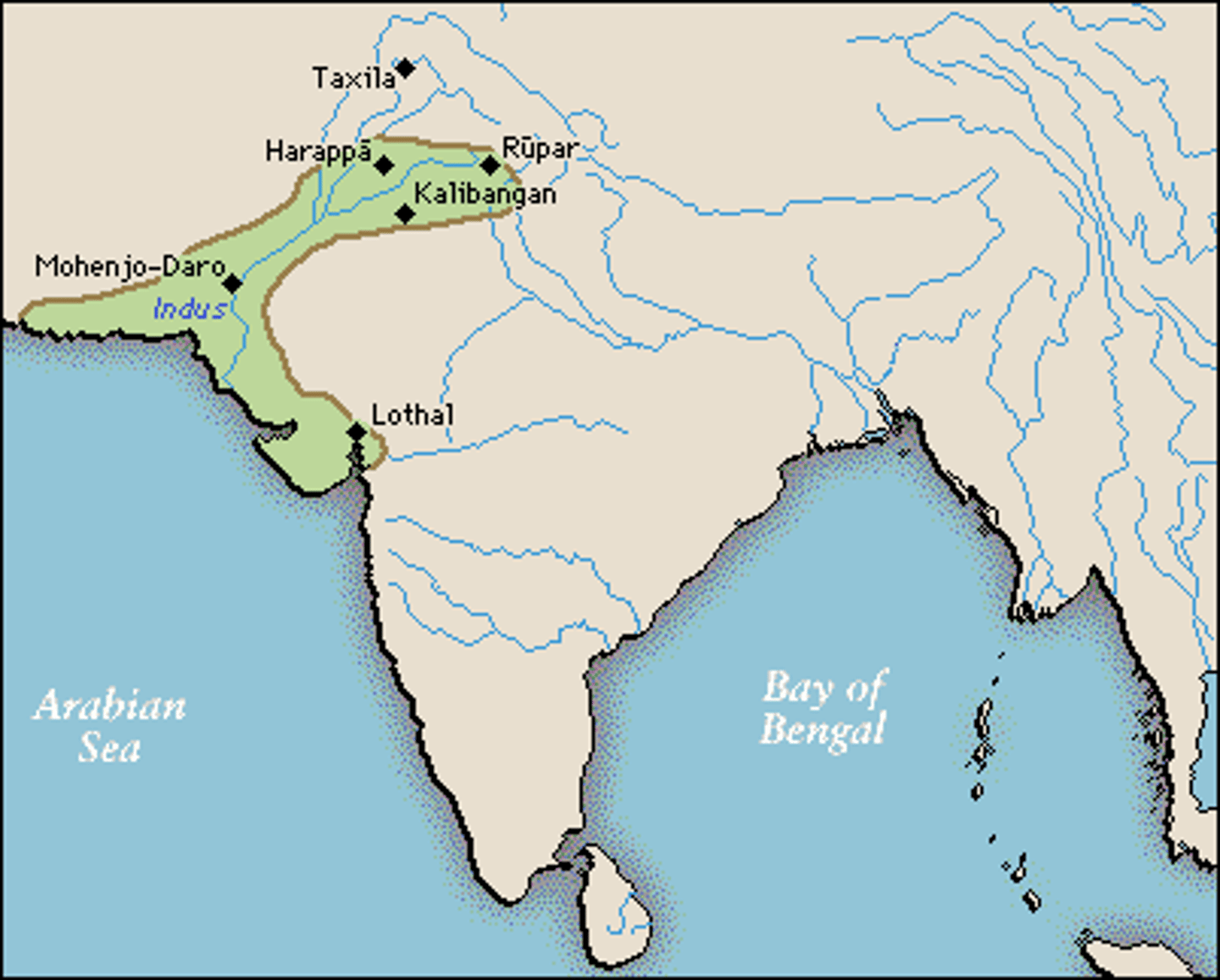
Mohenjo-Daro and Harappa
Major planned cities of the Indus Valley civilization; both of which flourished around 2000 B.C.E.
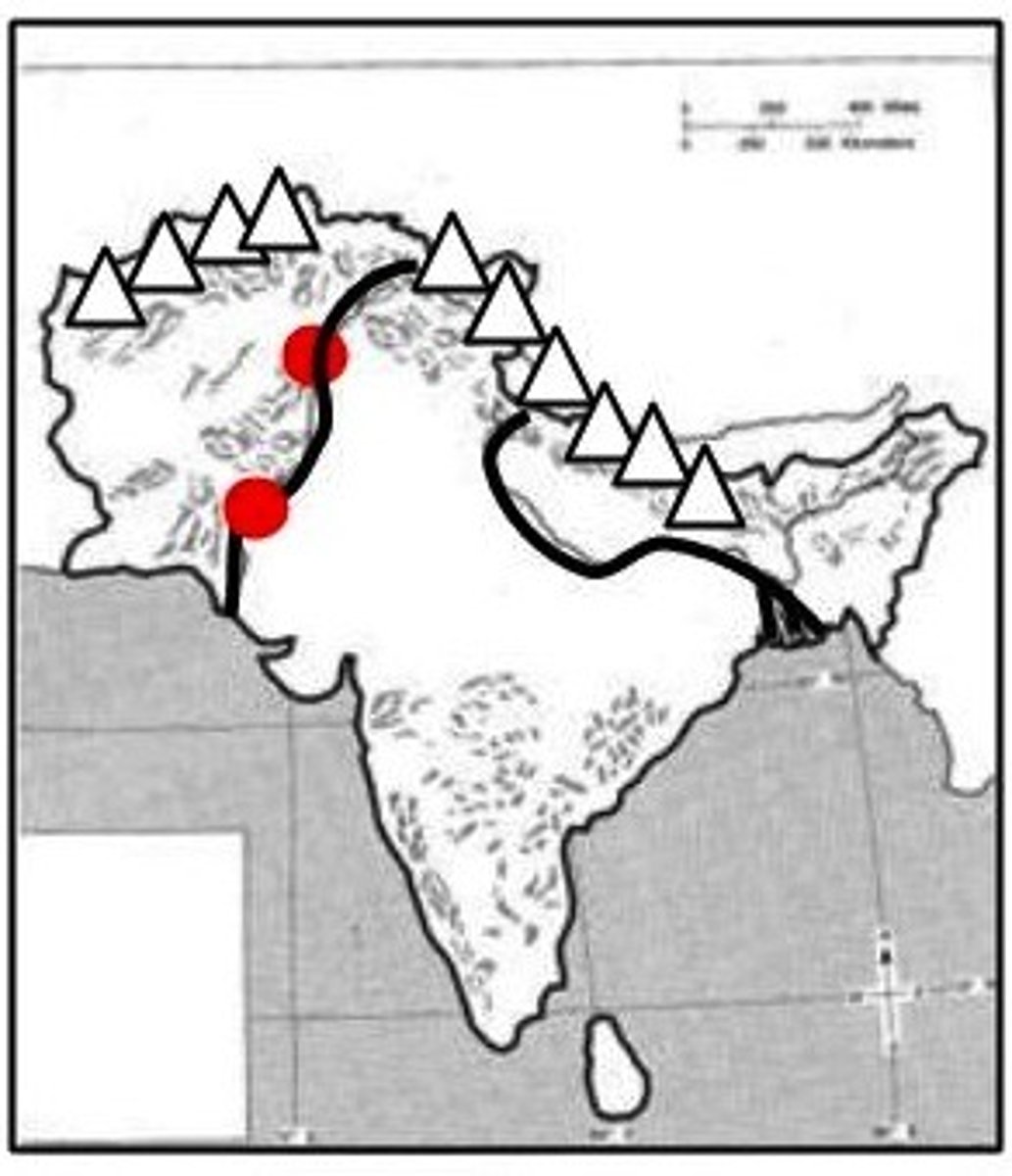
Planned Cities
cities built according to a design
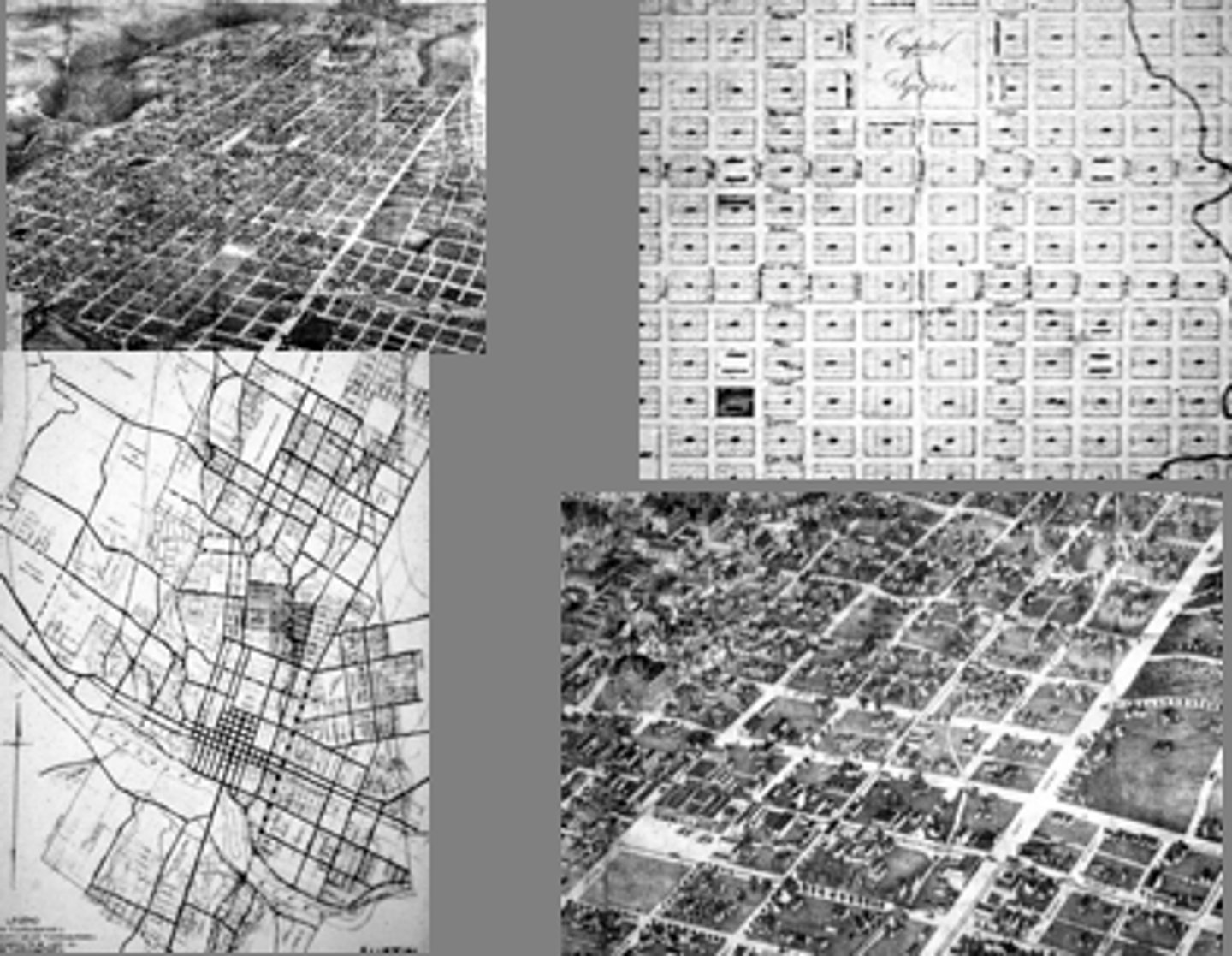
The Four Noble Truths
1. Life is Suffering . 2. The Cause of Suffering is Desire 3. Eliminate the desire become totally attached from our likes and dislikes. 4. Apply 8-fold Path
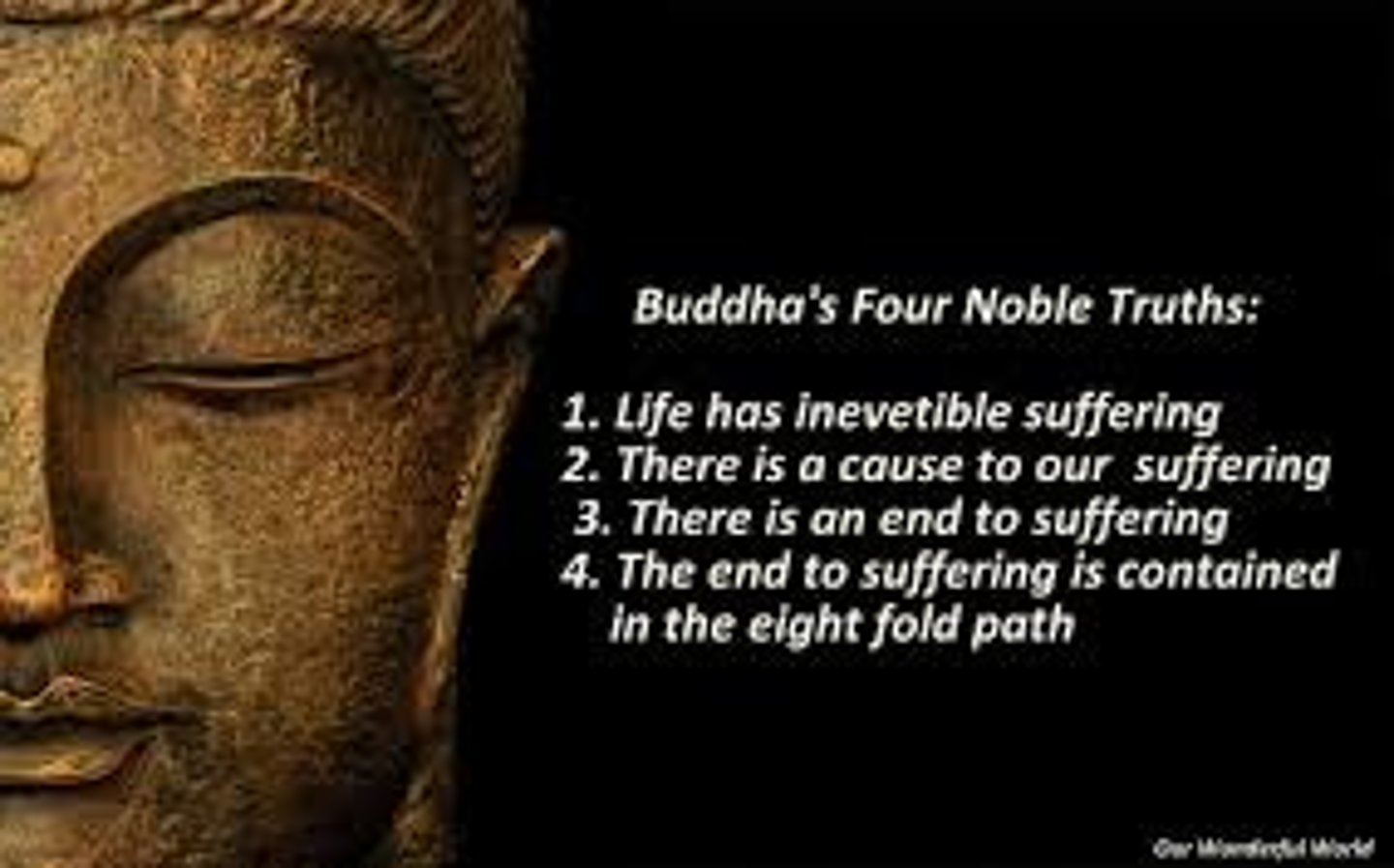
The Eightfold Path
In Buddhism, the basic rules of behavior and belief leading to an end of suffering
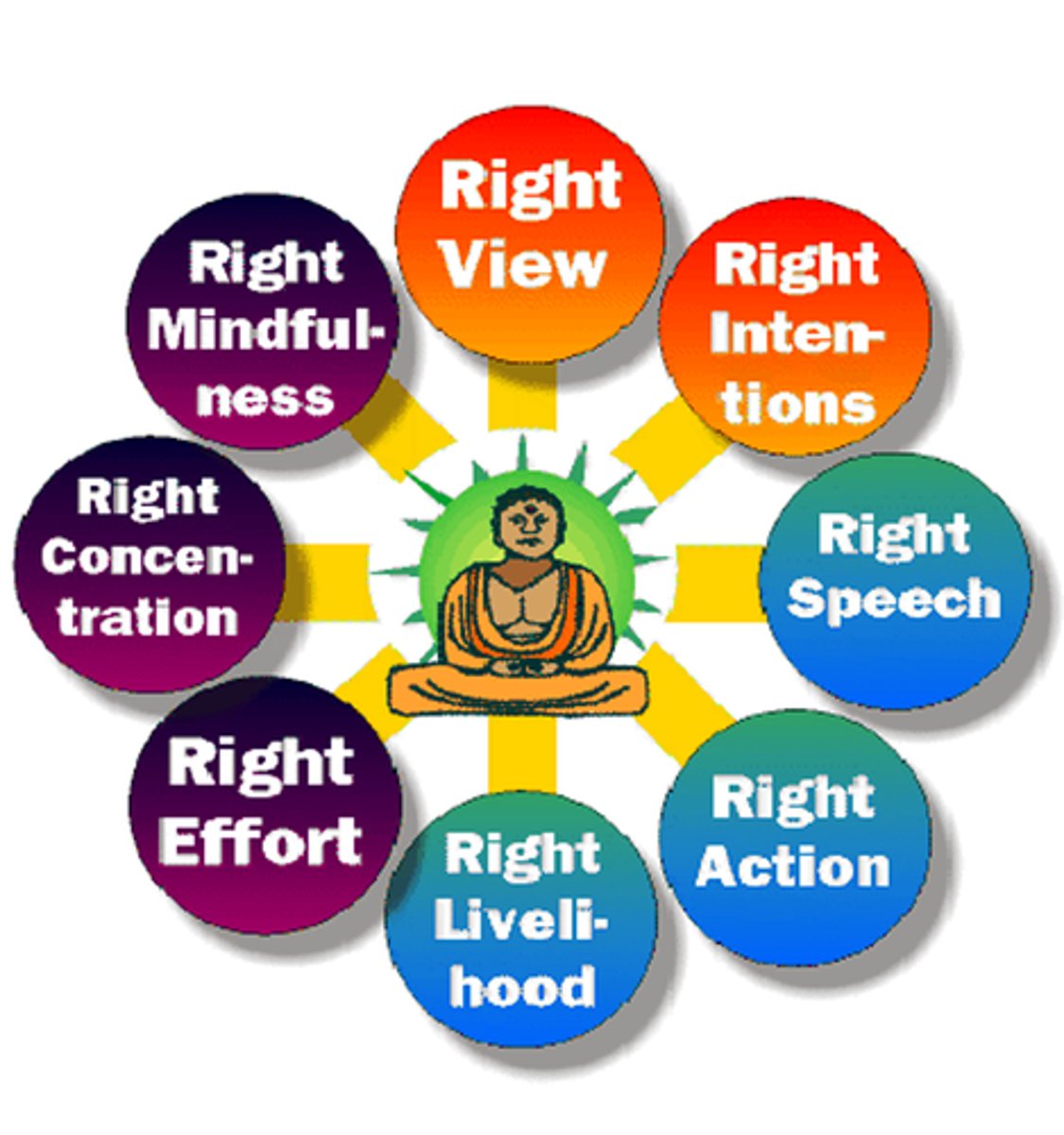
Mt. Everest
Tallest mountain in the world, standing over 29.000 feet